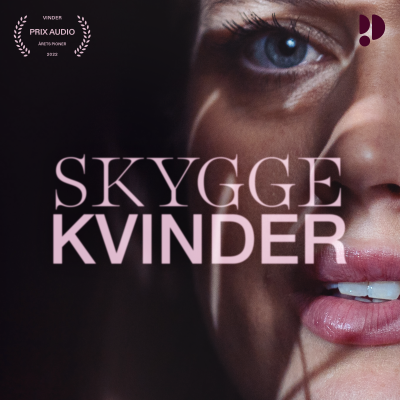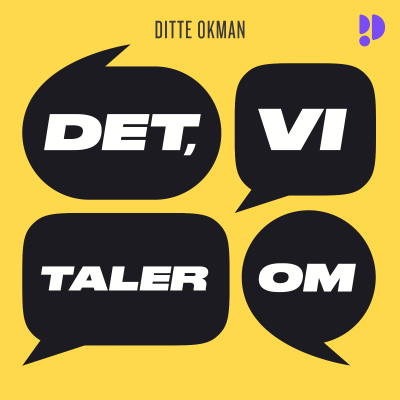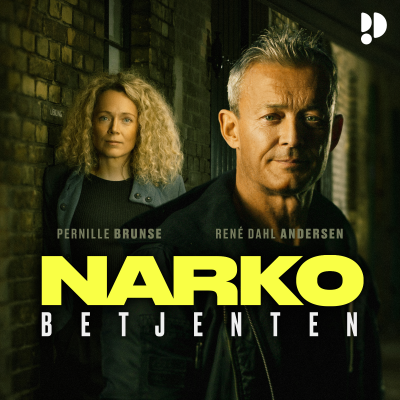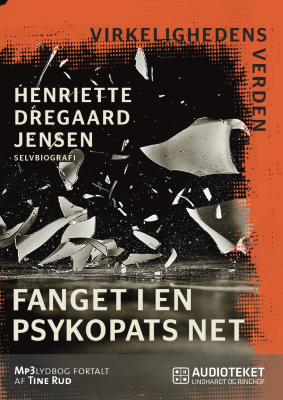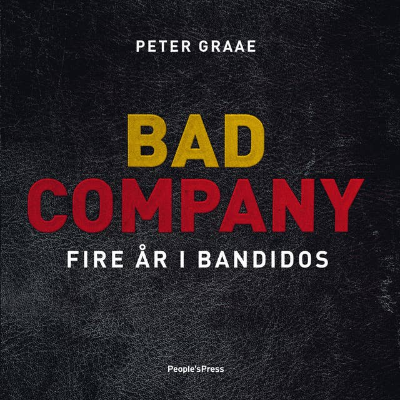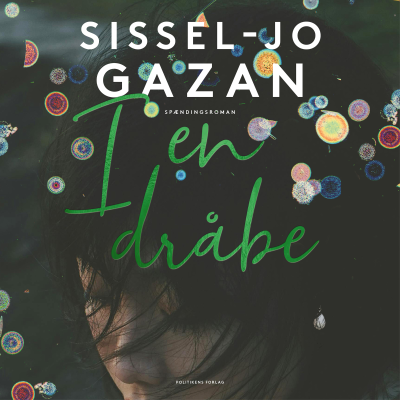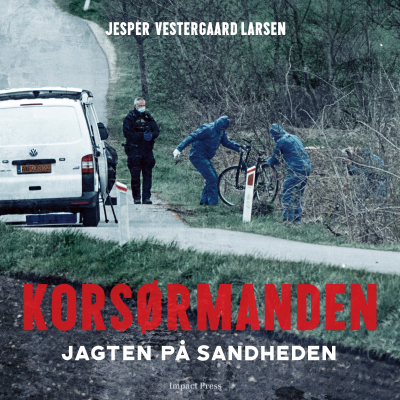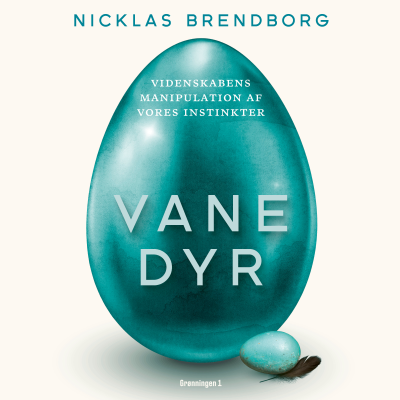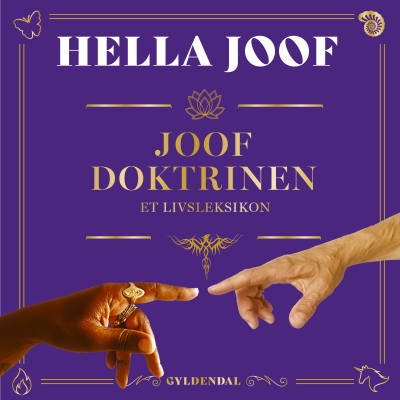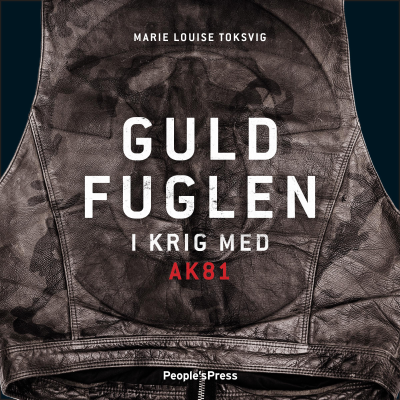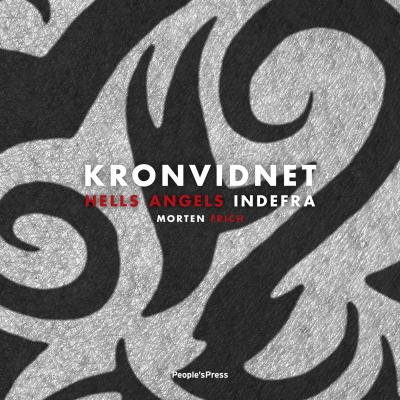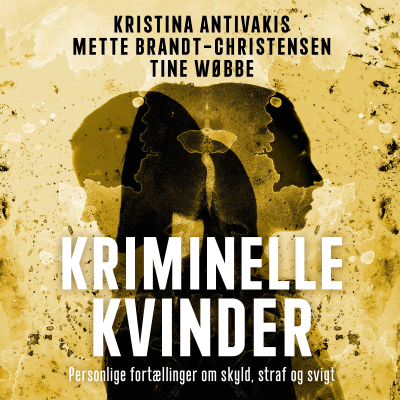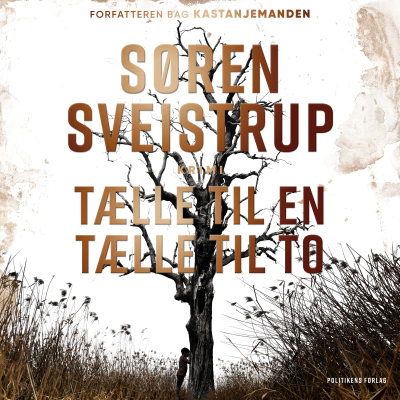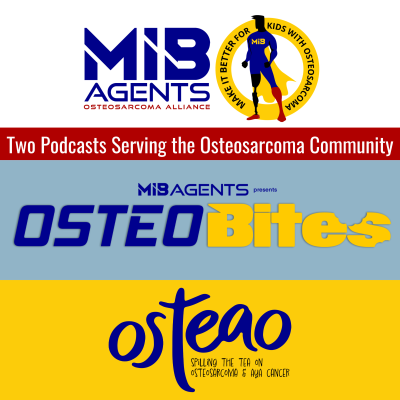
MIB Agents OsteoBites and osTEAo
Podcast by MIB Agents Osteosarcoma
Each week, MIB Agents talks with the leaders and innovators in osteosarcoma surgery, research, treatment and advocacy. Questions are taken during the webinar and are included in each podcast. More information is available at www.mibagents.org
Start 60 days free trial
99,00 kr. / month after trial.Cancel anytime.
All episodes
181 episodesBrian Flesner, DVM, MS, DACVIM (Oncology), discusses the recently opened clinical trial studying an Autologous Cancer Vaccine with Checkpoint Inhibitor for the Treatment of Canine Osteosarcoma. The purpose of this study is to evaluate the safety and efficacy of K9-ACV, an autologous killed tumor cell vaccine combined with a novel checkpoint inhibitor (CD200AR-L), compared to standard-of-care chemotherapy for the treatment of canine appendicular osteosarcoma (OSA). K9-ACV has safely been used in over 1,000 dogs, and the vaccine has been shown to display safety in a previous study (without the addition of the checkpoint inhibitor). By evaluating K9-ACV, this trial aims to advance safer, immune-based treatment options for canine cancer that may offer comparable or superior outcomes to chemotherapy. Find more information about this study: https://studypages.com/s/autologous-cancer-vaccine-with-checkpoint-inhibitor-for-treatment-of-canine-osteosarcoma-565406/ [https://studypages.com/s/autologous-cancer-vaccine-with-checkpoint-inhibitor-for-treatment-of-canine-osteosarcoma-565406/] Adrienne Wright, adrienne@ardentanimalhealth.com [adrienne@ardentanimalhealth.com], +1 (859) 619-5893
osTEAo co-hosts Mia and Sammy sit down with fellow OsteoWarriors Andrew and Mackenzie for a real, raw, and refreshingly honest convo about FOMO—Fear of Missing Out—as young adult cancer survivors. From missing prom and sports to navigating dating and college with a whole new perspective, these resilient humans get into what it actually feels like to rebuild a life after treatment. They talk about setting boundaries on social media, finding new passions, and surrounding yourself with people who truly get it. They also dive into the hard but vital work of self-advocacy and honest communication. 💥 Expect wisdom, laughs, hard truths, and all the inspo. This episode is a must-listen for anyone figuring out how to live fully—even when it looks different than planned.
TJ Utset-Ward, MD, cirujano ortopédico del Nicklaus Children's Hospital, ofrece una descripción general de las opciones quirúrgicas y los avances en el osteosarcoma. El tratamiento del osteosarcoma consiste en una combinación de quimioterapia y cirugía para extirpar el tumor. En la década de 1980, la amputación de extremidades se utilizaba en el 80 % de los casos. Hoy en día, gracias a los avances en las técnicas quirúrgicas, la tecnología y nuestro conocimiento del osteosarcoma, más del 90 % de los casos son susceptibles a una cirugía para preservar la extremidad. Hoy en día, los pacientes y sus familias pueden incluso elegir entre varias opciones, incluyendo reconstrucciones que se adaptan al crecimiento del niño. Analizaremos algunas de estas opciones y cirugías, así como los objetivos y prioridades de la cirugía de osteosarcoma. El Dr. T.J. Utset-Ward es cirujano ortopédico pediátrico especializado en oncología ortopédica pediátrica en el Hospital Infantil Nicklaus. Es cubanoamericano, hispanohablante y nativo de la ciudad de Miami, y se siente honrado de servir a su comunidad como uno de los pocos cirujanos oncológicos ortopédicos del país dedicados exclusivamente al sarcoma pediátrico y adolescente. Obtuvo su título de médico en la Facultad de Medicina de la Universidad de Vanderbilt en Nashville, Tennessee. El Dr. Utset-Ward completó su residencia en cirugía ortopédica en la Facultad de Medicina de la Universidad de Chicago/UChicago en Illinois. Realizó una beca de investigación en oncología musculoesquelética en la Universidad Estatal de Ohio en Columbus, Ohio, y posteriormente amplió su formación con una beca de investigación en oncología ortopédica pediátrica en el Hospital Infantil Nationwide. Sus intereses clínicos y de investigación incluyen sarcomas óseos pediátricos, sarcomas de tejidos blandos, oncología en adolescentes y adultos jóvenes, impresión 3D, implantes y diseños personalizados para cada paciente, salvamento y reconstrucción de extremidades, alargamiento de extremidades, transporte óseo, exosomas y oncología de precisión. El Dr. Utset se ha unido a la comunidad de MiB y espera seguir apoyando los esfuerzos para ayudar a las familias que enfrentan el osteosarcoma. Vive en Miami con su esposa, la pediatra Leah Utset, y sus dos hijos.
The osteosarcoma community has the power to drive change in childhood cancer research! This important OsteoBites episode features Nancy Goodman, JD, Founder & Executive Director of Kids v Cancer, as she discusses how you can help advocate for the Give Kids a Chance Act—a crucial bill aimed at expanding access to novel combination therapies for kids with cancer. The Give Kids a Chance Act is bipartisan legislation that builds on the RACE for Children Act by requiring pharmaceutical companies to evaluate promising multi-drug combinations in pediatric cancers when those drugs are being tested together in adults. Since many of the most effective cancer treatments involve drug combinations, this bill is essential to improving treatment options for children with osteosarcoma and other pediatric cancers. Be a voice for change! Learn actionable ways to support this bill and ensure kids with cancer have access to more innovative therapies.
Dr. Betsy Young, a physician-scientist from UCSF provides an overview of her funded work: Tumor cGAS-STING repression drives immune evasion in osteosarcoma and is therapeutically targetable via host STING activation. This work was funded by an MIB Agents 2024 OutSmarting Osteosarcoma YI Hope grant Because of Charlotte. Osteosarcoma (OS) has an immunosuppressive macrophage-rich, T-cell-depleted tumor microenvironment (TME). By performing bulk RNA seq of OS cell lines treated with STING agonist, the lab has defined an OS-specific STING activation signature, which demonstrated a significant protective effect on survival in OS patient samples. In immunocompetent OS models, systemic STING agonism shows curative anti-tumor effects, shifts the tumor microenvironment towards a pro-inflammatory phenotype, and induces immunologic memory. Importantly, host STING activation is sufficient to promote this anti-tumor immunity. The lab has demonstrated that STING activation has anti-tumor benefit in animal models and a protective effect in the human disease, nominating this innate immune sensing pathway as an important therapeutic target in OS. As a physician-scientist and a pediatric oncologist, Dr. Young's aim is to advance the field of pediatric oncology in her research career focused on the immunobiology of osteosarcoma. She completed her Pediatric Hematology/Oncology fellowship training at UCSF, receiving strong clinical training in high-risk pediatric solid tumors and early-phase clinical trials. Now, as a faculty member, she is investigating the pathogenesis of osteosarcoma metastasis in the Sweet-Cordero lab at UCSF, with a specific focus on immuno-oncology translational therapeutics.
Start 60 days free trial
99,00 kr. / month after trial.Cancel anytime.
Exclusive podcasts
Ad free
Non-Podimo podcasts
Audiobooks
20 hours / month




